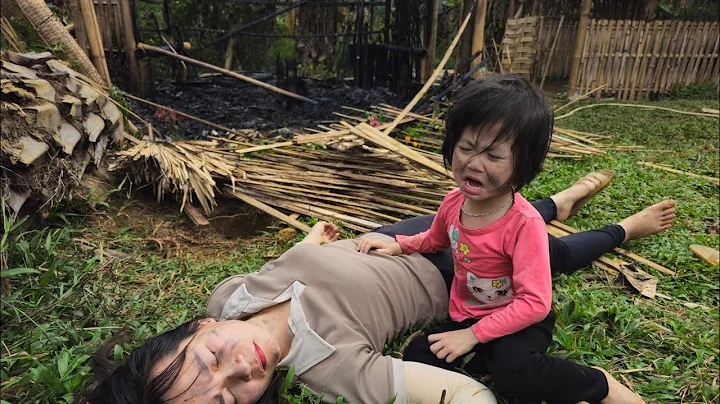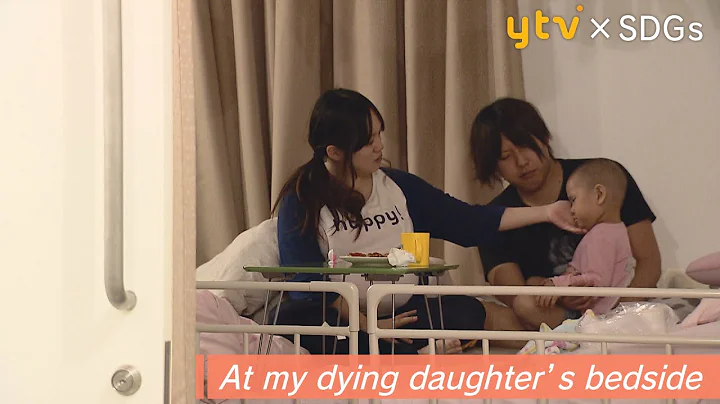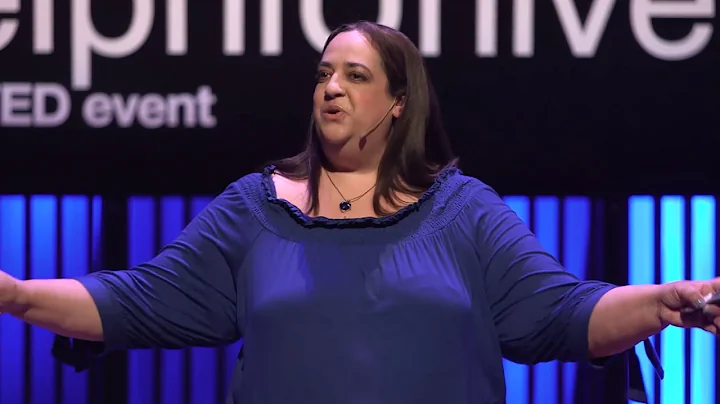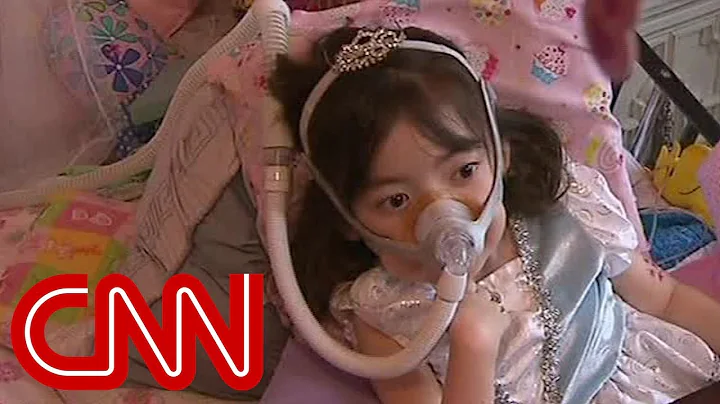Happy families are mostly similar, and unhappy families are each unhappy in their own way. ——" Anna Karenina "
Imperfect family system has different manifestations, which will also affect our personality development.
Addicted Parents

The author of this book, John, grew up in an alcoholic family. His father was often away from home because of alcoholism. In the end, his father left home and never came back. Since he is the eldest son in the family, in order to meet the needs of his mother and the family system, he has become his mother's spiritual husband and the "little dad" of his younger siblings.
John suffered from alcoholism for 17 years before recovering through a long and difficult rehabilitation process. His family shaped him into a personality that pleases others, seeks approval, has an overly strong sense of responsibility, is severely self-critical, and has a strong desire to control.
In John's family system, although the alcoholic father is the father, because the mother and father are interdependent and deeply in pain, there is no spare time to take care of the children, and the mother has become another addicted person in the family.
A pair of addicted parents both have low self-esteem and need care. They cannot meet their own needs and cannot love themselves, so they are naturally unable to care for their children. They have psychologically abandoned their children. In addition to this, abuse and involving children in their parents' wars are also acts of abandonment.
These abandoned children will develop compulsive behaviors because of the shame of being abandoned. They will pursue more love, money, food, attention, praise... to fill the holes in their souls.
The alcoholic family illustrates for us the typical obsessive-compulsive family, and in fact, other dysfunctional families also exhibit obsessive-compulsive patterns. Obsessive behaviors can also appear in the form of thought deviations, such as obsessive worrying and excessive attention to details.
Children who grow up in obsessive families will perpetuate this pathology and continue this vicious cycle.
Addictive behavior is not just about alcohol, drugs or drugs. It covers a wide range, such as workaholism, emotional addiction, eating disorders, ideological deviations, religious fanaticism, etc. Excessive enthusiasm for anything can lead to addiction.
Emotional addiction is one of the most common forms of addictive behavior, and one that most of us don’t recognize. We mask or deflect our true emotions through other things.
For example, a man will use anger instead of fear, because anger will make him feel strong; some people will use anger to cover up their shame; and some people will use laughter to divert their sad emotions.
Addicted parents do not meet their own needs and do not allow their children to meet their needs. Family problems are denied and ignored and never solved. Family members use compulsive behaviors to vent their pain, and use addictive behaviors to cover up or divert loneliness, depression, and loss. What they get in return is more disappointment and powerlessness. Therefore, compulsive behaviors and addictions become more severe.
My mother is an emotionally addicted person, moody, often gets angry for no apparent reason, and then curses, humiliates, belittles, and complains. It wasn't until the past few years that things got a little better, but when she got emotional, it was still difficult to hear anything.
The dark corner in the family

I believe that most people have had the experience of being beaten. We often hear the saying "If you don't hit, you will not be effective." "Children belong to their parents" has also become the reason for parents to beat their children. Because "children belong to their parents", once a child does not respect or obey his parents, he will be beaten.
A child who grows up in a violent family will unconsciously inflict the violence he has suffered on the people around him. The violence he inflicts on others even exceeds the violence he suffered in his family of origin.
A friend's child, Xiaochuang, was subjected to verbal violence and influence from his father when he was very young. When he is in a good mood, he is a cute and sensible child; when he is in a bad mood, he will vent his emotions on the people around him. Like his father, he would also use the most unpleasant and insulting language to scold everyone around him, including his mother.
Once, he and his mother were at my house, and I heard him playing Adele 's song. I happened to have sung that song before, so I played it to his mother. When he heard it, he commented on how unpleasant my singing was and used a lot of derogatory language. His mother wanted to tell him that I sang it, but I stopped her.
I said that since you think you can sing well, then you can sing it for us. Then I opened the software and played the accompaniment for him, and he used his mobile phone to play the original song and sang along with it. I told him that he couldn't sing the original song, so he turned off the original song. After singing a few lines, he suddenly broke down. He cried, slapped himself in the face and said to himself: "Why do I sing so badly? What's wrong with my voice?" So ugly? I'm fat and ugly..." His behavior scared me. I have never seen a child break down like this. When I saw his mother was very calm, I knew he had such a breakdown. Behavior occurs frequently.
Later, I learned from a friend that Xiaopang’s father cried, laughed, belittled himself, and slapped himself when he collapsed. Although Xiaopang's father often humiliated him, he admired his father very much, so he followed his father's behavior pattern.
Violence has a "twin brother", which is abuse. The behavior of Xiaopang slapping himself is a kind of abuse, and it is just the abuse he inflicts on himself.
In a sick family, abuse is commonplace. Abuse includes punching , slapping, hair pulling, strangulation, kicking, beating with a belt, being locked up in a dark room, etc. These are all abusive behaviors.
A certain celebrity who was on the hot search list some time ago treated his ex-wife like a boxer, and even did not let her get pregnant. After divorcing his ex-wife, his current girlfriend became his "sandbag".
In addition to physical abuse, the most serious abuse is sexual abuse. Sexual abuse includes incest and sexual assault, and incest is the most shameful of all sexual abuse and violence.
The black girl Bryceis in the movie "Cherish Life", whose father is an alcoholic, was raped twice by her biological father, and she became pregnant and gave birth to children both times. Bryce's mother did not have a job and felt that her daughter had snatched her husband away. She was jealous and resentful of her daughter. She vented all her emotions on her daughter and forced her to eat fried food every day. Brychs As a result, Si's weight was seriously overweight.
Later, Bryce went to a public welfare school for "problem children" and received help and encouragement from Miss Rui. She decided to bravely tell the community and the government about her experience.
In the end, with the help of all parties, Brysis's parents were punished by the law, and Brysis also found a new direction in life.
Many abused people cannot leave the abusive environment, not because they are unwilling to leave, but because they have learned a sense of helplessness that makes them unable to leave. They also tried to escape, but always returned to the place of abuse for one reason or another, after all they had tried. They will feel a deep sense of helplessness, so they begin to resign themselves to their fate.
Every perpetrator has been a victim. Most people live in the role of victims throughout their lives and allow themselves to become perpetrators. Sadly, they don’t know that they have become the person they hate most. look like.
Emotional Abuse in the Family

Dorothy Rowe Knott said: "Children who live with criticism learn to blame; children who live with hostility learn to fight; children who live with humiliation learn to depreciate themselves. ” Dorothy’s words speak to the emotional abuse in the family.
Emotional abuse is a kind of psychological harm that seeps into our lives unknowingly like air. The emotional care and satisfaction children receive before the age of three has a great impact on a person's life. Six aspects of emotional needs that children need:
1. In the first fifteen months after birth, the baby needs a warm person by his side. This warm person must have loving eyes and give him healthy narcissism. Reaction, resonance and affirmation.If this narcissistic need is not met, he may use children to satisfy his own emotional needs as an adult.
2. In infancy, contact from parents is needed to obtain emotional comfort. If parents are unable to give their children the contact they need due to emotional suppression, this is a fatal flaw for the baby. Then the child will grow older. , will use unscrupulous methods such as causing trouble and trouble, and even use unhealthy methods to obtain emotional comfort.
3. Children need to see all of themselves from the eyes of the adults who take care of them in order to learn to accept themselves. If a child is only accepted when he is "obedient" such as smiling, happy, etc., and is not accepted when he is "disobedient" such as crying or angry, then in the future life of the child, once he comes into contact with the situation where he is not accepted, Sometimes, you will feel that your inner parent is scolding you with eyes or words.
4. Children will have a need for independence when they are one and a half years old, which is also the beginning of the individual's psychological development of leaving his parents and seeking independence. In the stage of autonomy, shame is the biggest crisis. Children in unhealthy families will often be humiliated by their parents, so they will also have too much shame, and too much shame will cause children to feel self-deprecating. Just like the little fat one mentioned earlier.
5. In the process of growing up, children need to experience appropriate pain and suffering, and learn to get the gifts behind the pain and suffering, so that their hearts can grow. The consequences of doting on our children. I’ve seen it a lot, so that’s why there’s the saying “Behind every naughty child, there is at least one naughty parent.” ”
Six- and two-year-old children need trustworthy parents to help them find their own limits and self within a safe range, while adolescent children need the support of self-firm parents. In addition, children also need emotional stability. And predictable parents, that is, children will not be cautious and trembling because of their parents' moodiness, and cooperate with their parents' emotional needs in order to survive.
If we do not get the above emotional needs before the age of three, then our emotions will be unstable. There will be flaws, and there will be flaws in our personalities.
I have been emotionally abused by my mother until now. Before I knew this book, I knew that I had been living with my mother's emotional abuse. This kind of abuse also made me become like my mother, moody, gentle and polite in front of outsiders, but able to say all kinds of ugly things in front of people close to me.
It is precisely because of these experiences that I can understand my mother. Emotional abuse and addiction, my father’s so-called “tolerance”, can also understand why all kinds of bad-tempered people behave in this way, and I will also help them simplify it at the appropriate time and in a way that they can accept. Sort out their relationship with their parents and let them learn to love themselves.
.When children become accustomed to pressure in the family, they will develop a certain set of behavioral patterns as a survival rule. These behavioral patterns will remain when they grow up. Continue to exist.
It is difficult for people to give up the defensive behaviors for survival. They protect us and we rely on them for survival. The result is that we have to sacrifice our own strength.
In various situations, we all develop a We rely on external things and neglect ourselves. In order to take care of our parents and meet the needs of the family system, we give up our true selves; in order to survive, we sacrifice our true selves to cover up being humiliated, isolated and alienated from ourselves. The pain of dissociation, these survival behaviors render us impotent and mentally bankrupt





















